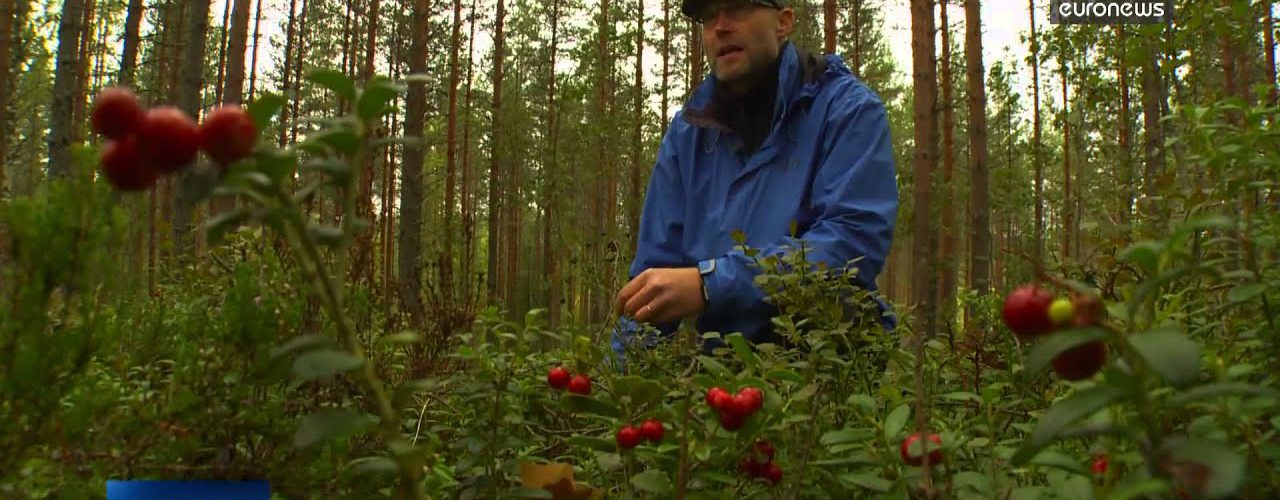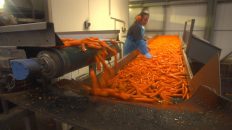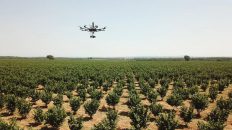Forests are not just a source of timber; mushrooms, berries, nuts and other gifts of nature play an important role in the bio-economy of forest regions and science is making a significant contribution to the exploitation of these rich resources.
To find out more Futuris travelled to Finland’s Karelia region, which has just had an excellent season for mushrooms and berries. Scientists from a European research project have developed a system to predict yields, which will be used by around half of the Finnish population. Foraging in the woods is a massively popular and profitable activity in Finland.
Kauko Salo, a senior researcher with the Finnish Forest Research Institute, told us more about the project:
“Our information system is really useful because people really want to know when to go to the forest to pick up mushrooms and berries, to use at home or sell to companies, which is tax-free income in Finland.”
Money may not grow on trees, but the market value of wild berries, mushrooms, nuts and plants exceeds 2.5 billion euros per year in Europe alone. Increasing that income is a scientific matter, as Jari Miina, another senior researcher at the FFRI explains:
“We are looking into the relationship between forest characteristics and yields, so we can give recommendations on how the forest should be managed to produce more mushrooms and berries.”
For over 50 years, a family business in Joensuu has been buying freshly picked mushrooms and berries from local people. A kilo of good ceps pays at least four euros, depending on the year.
“For me it’s a side income. In a good season I can collect up to 5,000 euros worth of mushrooms, It’s extra money, growing free in the forest, so why not?”
– says Matti Kontturi, a mushroom picker.
The company works with the researchers looking for innovations that can help diversify its business, making it less dependent on unpredictable weather.
“Crops of mushrooms or berries depend on rain, or the temperature, so you have to be prepared in advance but you never know what’s going to happen. You just take one day at a time, hoping for the best,”
– says Marja Päivänurmi, owner of Joensuun Tuote ja Vihannes Ky
Researchers are working to improve the whole chain, from forest to customer. Across Europe, they look for ideas to help land owners, private pickers, businesses and customers to get more income and better value from these woodland gifts, as Robert Mavsar, an environmental economist with the European Forest Institute/StarTree project explains:
“There are lots of examples all over Europe of good practices, so we’re trying to explore them, and also introduce them in these regions that we’re looking with.
“Of course, we’re dealing with a social and cultural environment, so you can’t expect that something that works fine here in Finland would also work well in Southern Spain, or Serbia – we’re just trying to show what possibilities there are.”
A good way to add value is to process forest products locally. This company grinds berries into easy-to-store powder that can be mixed with yogurt or other food. Researchers say better labelling regulation could help that business develop. Kari Koljonen, CEO f Nordic Vitality agrees:
“The current certification system doesn’t allow to label forest products as “organic”, so that’s something that can be improved.”
People have been enjoying nature’s bounties since the dawn of time. Forest research brings us a step closer to a greener economy and a healthier environment for everyone.





